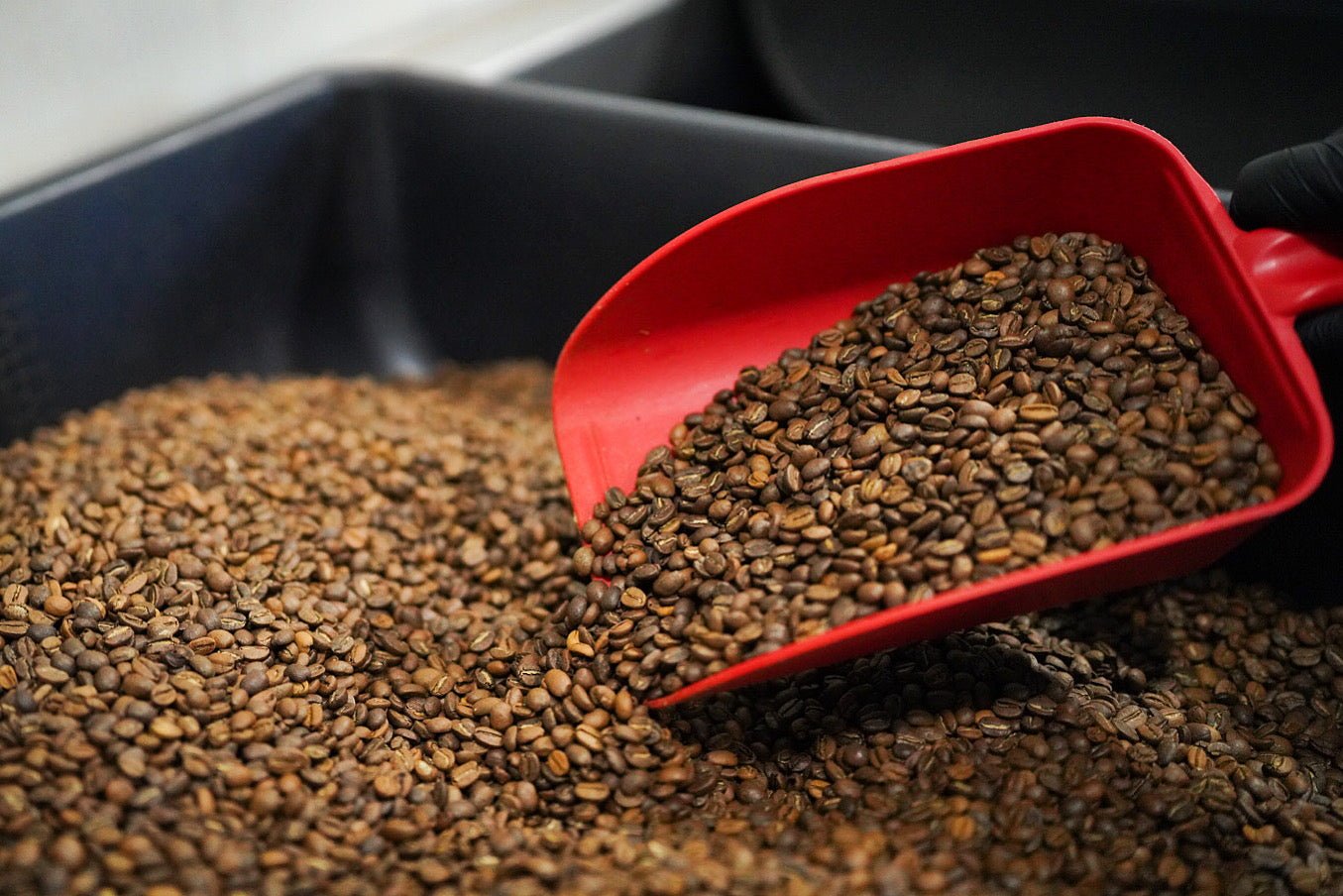Coffee contains caffeine, which is a stimulant that can cross the placenta and affect the developing fetus. Caffeine intake during pregnancy can lead to potential risks for the mother and the baby, such as low birth weight, miscarriage, preterm birth and developmental delays.
The American College of Obstetricians and Gynecologists (ACOG) recommends that pregnant women should limit their caffeine intake to less than 200 milligrams per day, which is equivalent to about 12 ounces of brewed coffee.
It's also important to note that some studies suggest that women who consume more than 200 mg of caffeine per day during pregnancy have an increased risk of miscarriage. Therefore, it is important for pregnant women to be mindful of their caffeine intake from all sources, including not only coffee, but also tea, chocolate, soda, and some medications.
It's important to consult with a healthcare provider for personalized advice and to make an informed decision that suits your own needs and risk factors. It's also worth considering other options such as decaffeinated coffee, herbal teas, and other low-caffeine drinks.
In summary, it is probably best for pregnant women to limit their caffeine intake during pregnancy, and if possible, to aim for less than 200 mg of caffeine per day, which is roughly the amount in 12 oz of brewed coffee.


